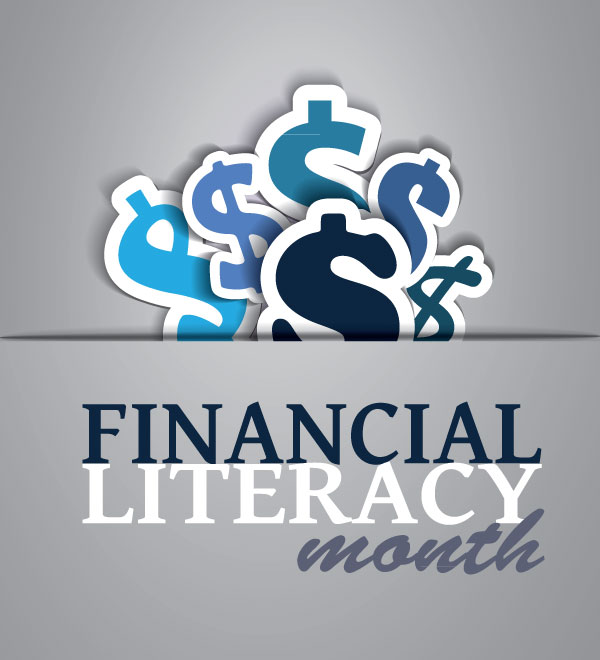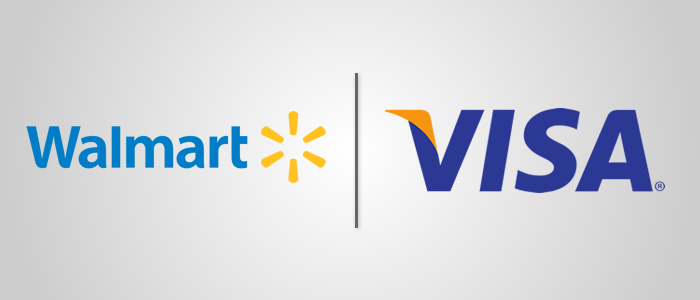
As you may know, November is Financial Literary Month. Now that the month is winding down, you’ve had lots of opportunities to learn about how to manage your finances better and get and stay out of debt. While learning about fiscal responsibility you may have found yourself thinking the only way to maintain financial health is to cut up all credit cards. Surprisingly, nothing could be farther from the truth. In fact, if you use credit responsibly, you can improve your financial circumstances.
Why Credit Card Use Can Become Problematic
The reason most people get into financial trouble is that they spend more than they can afford. Many don’t realize that every time you use a credit card, you’re taking out a small loan. This loan charges interest when it’s not paid back in full. When you don’t pay the full monthly balance, interest is added to the amount already owed. Over time, this compounds and results in the cardholder swimming in overwhelming credit card debt.
Some financial advisors recommend getting rid of credit cards altogether for this reason. Their logic is that when you get into a habit of buying things you can’t afford with credit, the only way to break the cycle is to cut up your credit cards – forcing you to live within your means. However, there are disadvantages to this method. You will need good credit history to purchase a home or automobile and to be hired for certain jobs. If you don’t have a credit history, you may miss out.
A far better solution is to temporarily stop using credit until you get your debt under control. While you are paying off your credit card bills, learn new habits so you can use credit to help yourself instead of to sabotage your finances.
Tip #1: Never Use More Than 30 Percent of Available Credit
When evaluating your creditworthiness, potential new creditors evaluate your debt-to-income ratio. This measurement compares how much debt you have to how much income you’re taking in. If too much of your income is tied up in debt, creditors often reason that you can’t afford any more debt.
To keep this from happening, try to keep your credit card use to under 30 percent of your credit limit every month. This type of light credit card use can help boost credit scores, as it demonstrates that you use credit reasonably and pay it back quickly.
Tip #2: Pay Credit Card Bills In Full Each Month
Never rack up a credit card bill that you won’t be able to pay off at the end of the month. When you don’t pay your credit card bill in full, the credit card company charges interest on the unpaid balance. As a result, you end up paying more for items than you would have had you used cash. The amount you’ll pay for the ‘convenience’ of not paying the full amount is not small – many credit card companies charge up to 20 percent in interest.
Paying your credit card bill off every month not only saves you money but also helps ensure you make wise financial choices. In order to ensure you don’t overuse credit, you need to think about what you can afford and use credit only if your budget can accommodate it. Using credit responsibly like this can also help boost your credit score by keeping your debt-to-income ratio low.
Tip #3: Start Forming Good Credit Habits Today
If you haven’t used credit responsibly in the past, you may feel like it’s too late – why bother now? However, it’s never too late to create better financial habits. Start by temporarily stopping your credit use. Make the decision not to use any more credit until your bills are paid off. Pay as much as you can on your credit card bills every month until you have a zero balance. Afterwards, use the above tips to help you use credit responsibly.
Take advantage of all the tools available to you during Financial Literacy Month so you can correct credit problems and learn better ways of handling credit. If you are open to learning, you can turn your situation around and use credit appropriately to help support your financial goals.




